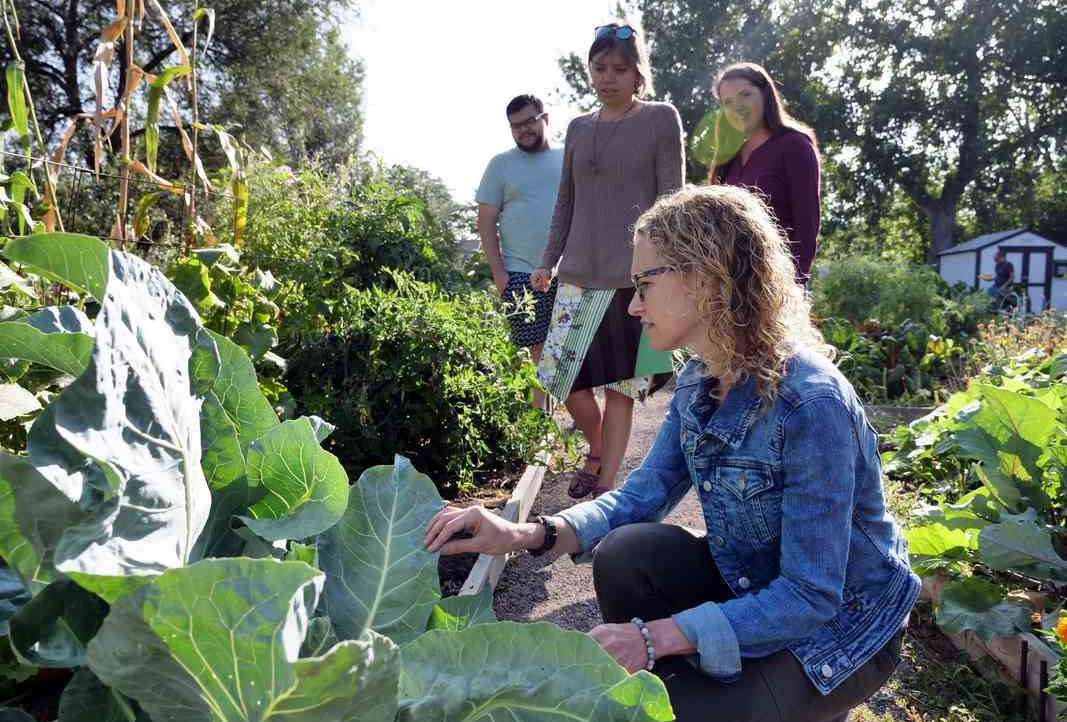Compounds That Can Stop COVID From Infecting Human Cells Discovered in a Sea Sponge
Compounds that could stop coronavirus and flu viruses from infecting human cells have been discovered in sea sponges.

Gardening could help reduce the risk of cancer, boost mental health and bring communities together, according to new research.
Scientists say it leads to eating more fibrous fruits and vegetables, exercising more and building social connections, which together can ease stress and anxiety and lower the risk of various illnesses.
"No matter where you go, people say there's just something about gardening that makes them feel better," said Dr. Jill Litt, a professor in the Department of Environmental Studies at the University of Colorado, Boulder.
In a classic case of correlation or causation, while it's known that those who garden tend to be a healthier weight and eat more fruit and vegetables, it's unclear whether healthier people just tend to garden more or whether gardening influences health.
To find the answer, Dr. Litt recruited 291 non-gardening adults with an average age of 41 from the Denver area.
Half were assigned to the community gardening group and the other half were put in a control group that was asked to wait one year to start gardening.
The gardening group received a free community garden plot, some seeds and seedlings, and an introductory gardening course.
Both groups were surveyed about their nutritional intake and mental health. They also underwent body measurements and wore activity monitors.
The group started in spring and by autumn those in the gardening group were eating on average 1.4 grams, or 7% more fiber per day than the control group. It may seem like a small difference, but it isn't.
"An increase of one gram of fiber can have large, positive effects on health," said co-author James Hebert, director of the University of South Carolina's cancer prevention and control program.
The gardening group also upped their physical activity by around 42 minutes per week, and saw their stress and anxiety levels decrease, with those who came in the most stressed and anxious seeing the biggest drop in mental health issues.
Many of the participants live in areas where access to affordable fresh fruits and vegetables is extremely limited.
Some were low-income immigrants living in gardenless apartments, and having a garden plot allowed them to grow food cheaply. Community gardening can also build social connections within communities and offer a space for people to share their culture.
"Even if you come to the garden looking to grow your food on your own in a quiet place, you start to look at your neighbor's plot and share techniques and recipes, and over time relationships bloom," said Dr. Litt.
"It's not just about the fruits and vegetables. It's also about being in a natural space outdoors together with others."
SHARE This Great Health News, And Check Out Our Good Gardening Archives…
Be the first to comment